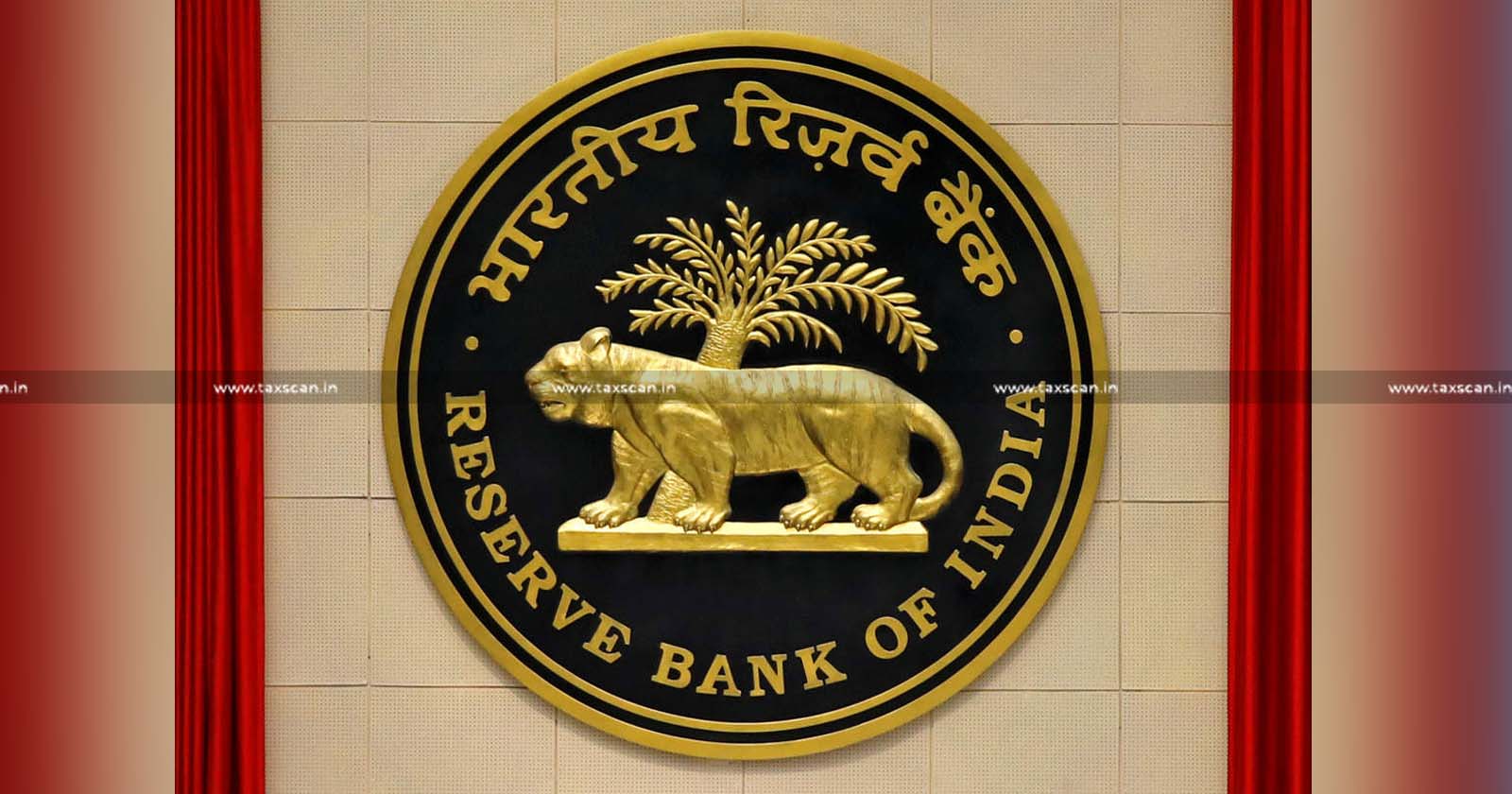RBI Restricts Pre-payment Charges on Floating Rate Loans to Individuals and MSEs
RBI bans pre-payment charges on most floating rate loans to individuals and MSEs from January 2026, promoting easier and cheaper refinancing for borrowers.

The Reserve Bank of India (RBI) issued new directions prohibiting regulated entities from levying pre-payment charges on most floating rate loans to individuals and Micro and Small Enterprises (MSEs). The Reserve Bank of India (Pre-payment Charges on Loans) Directions, 2025, will come into effect for all loans sanctioned or renewed on or after January 1, 2026.
The RBI found that banks and NBFCs were following divergent practices on pre-payment charges, leading to customer grievances and preventing borrowers from shifting to lenders offering lower rates or better terms.
 Also Read:RBI Appoints Kesavan Ramachandran as New Executive Director: In-Charge of Department of Regulation (Prudential Regulation Division)
Also Read:RBI Appoints Kesavan Ramachandran as New Executive Director: In-Charge of Department of Regulation (Prudential Regulation Division)
Comprehensive Guide of Law and Procedure for Filing of Income Tax Appeals, Click Here
According to the New Directive,
- No pre-payment charges on floating rate loans to individuals (non-business purposes) and business loans to individuals and MSEs across commercial banks (excluding payment banks), NBFCs, and co-operative banks.
- For small finance banks, RRBs, and certain co-op banks, this restriction applies to loans up to Rs. 50 lakh.
- This applies regardless of pre-payment source and without lock-in periods.
- For dual/special rate loans, the rule applies if the loan is on a floating rate at pre-payment.
The RBI has mandated clear disclosure of any pre-payment charges in sanction letters, loan agreements, and Key Facts Statements (KFS). Lenders cannot impose retrospective charges waived earlier, and if pre-payment is at the lender’s instance, no charges can be levied.
 Also Read:RBI Amends STRIPS Guidelines: Expands Eligibility for Stripping of Government Securities [Read Notification]
Also Read:RBI Amends STRIPS Guidelines: Expands Eligibility for Stripping of Government Securities [Read Notification]
The new directions repeal ten previous RBI circulars and Master Directions on pre-payment penalties from the effective date, simplifying compliance for lenders and borrowers.
This move will help people and small businesses pay off or switch their loans without paying extra charges. It will encourage banks to offer better deals and make it easier for borrowers to get loans at lower rates.
Support our journalism by subscribing to Taxscanpremium. Follow us on Telegram for quick updates


